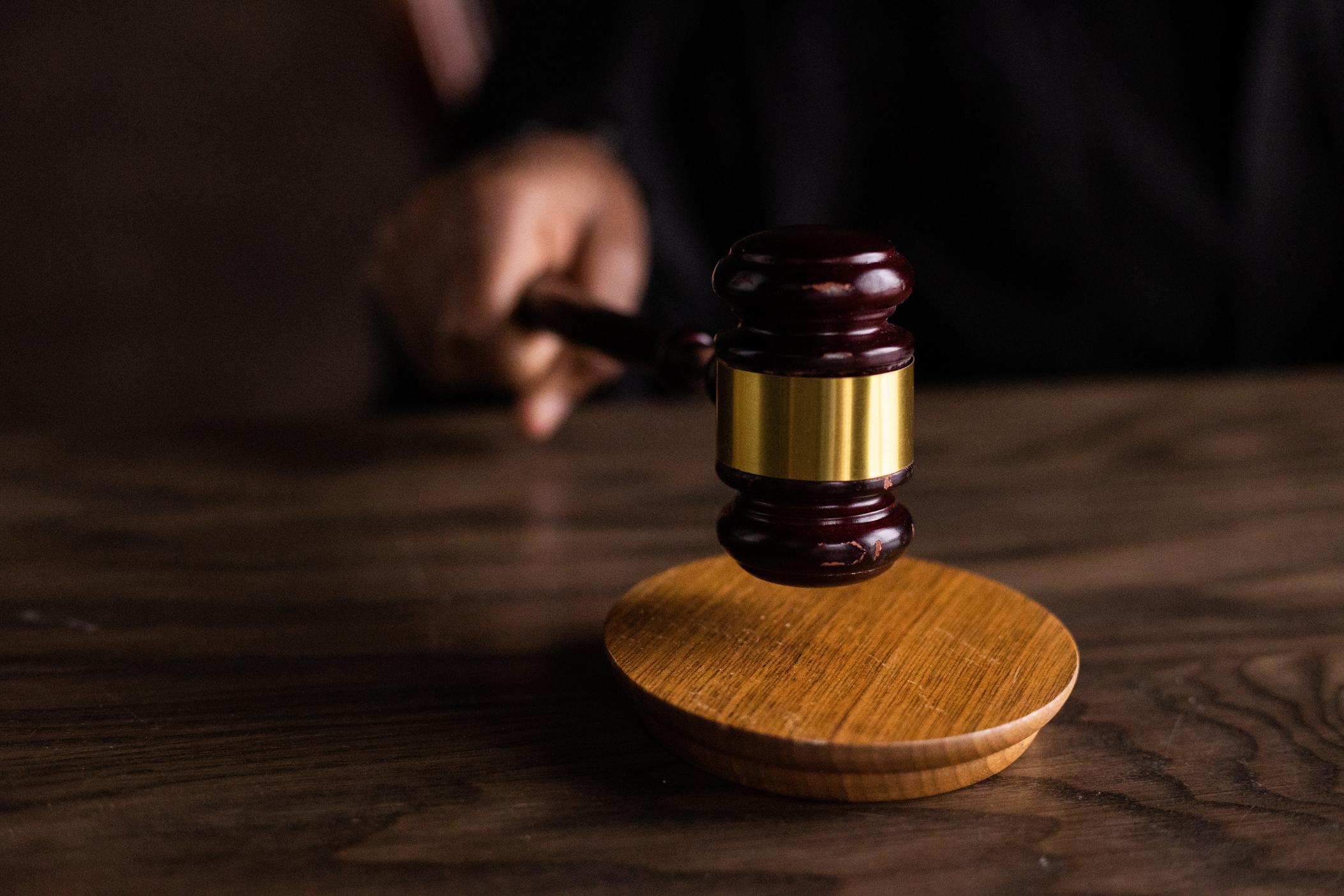Section Branding
Header Content
17-year-old suspects tried as juveniles? It could be a reality in Georgia after House advances bill
Primary Content
LISTEN: GPB's Ambria Burton asks Republican Rep. Mandi Ballinger about the differences seen between 17-year-old adjudicated in juvenile courts versus state courts.
____
House Bill 462 enacts the Raise the Age Act, which would consider 17-year-olds facing charges to be tried as juveniles instead of adults. It was passed on Crossover Day in Georgia’s House of Representatives in a 145-22 vote on Monday.
Under the bill, 17-year-olds who would usually go to state or superior court to be adjudicated as adults would instead appear in juvenile courts.
Sponsor of the bill, Republican Rep. Mani Ballinger, who represents District 23 in Cherokee County, spoke before the House floor prior to the vote and explained that 17-year-olds lack the maturity to be tried as adults.
“Anybody who’s ever known a 17-year-old knows how far from adulthood that 17-year-old really is — even if you’ve just been 17,” said Ballinger, who is also the Chair of the House Juvenile Justice committee. She and others who have worked on this bill for years believe the Raise the Age Act gives kids the chance to improve their behaviors and avoid the legal system in the future.
“We and juvenile advocates feel that 17-year-olds, with a more rehabilitative focus rather than the punitive focus in the adult system, would benefit greatly from [the bill],” Ballinger told GPB. “Science proves that 92% of 17-year-olds that are adjudicated in juvenile court never come to criminal court again.”
The bill's granting of juvenile court applies to first-time offenders only, so those who are repeat offenders will not “get another bite at the apple,” as Ballinger explained to the House.
“The whole point of 17-year-olds being adjudicated in juvenile court has to do with the rehabilitation model that they have,” Ballinger told the House. “It has to do with some of the privacy conventions that are allowed in juvenile court that are not afforded in state or superior court, and it has to do with maintaining them on that straight, narrow path.”
The Raise the Age Act will not include those charged with gang offenses. 17-year-olds charged with a gang offense will continue to be tried as adults in Georgia. This was done to ease the concerns law enforcement had about gang offenders, per Ballinger.
The first part of HB 462 provides details on the implementation committee, which will guarantee that everything is set in place to accommodate 17-year-olds in juvenile courts.
“It'll be the same number of cases for district attorneys' offices throughout the state,” Ballinger said. “In all 50 of our judicial circuits, they will be handling with same number of cases. But they won't be handling them in state or superior court, they will be handling them in juvenile court. There's going to have to be a reallocation of staff and things like that."
The committee will consist of 12 members, including Ballinger as the Chair of the House Committee on Juvenile Justice; Rep. Brian Strickland as the chairperson of the Senate Judiciary Committee; the commissioner of the Department of Juvenile Justice; the president of Georgia’s Sheriff’s Association; the executive director of the Administrative Office of the Courts; the executive director of the Prosecuting Attorneys' Council of the State of Georgia; the executive director of the Georgia Association of Criminal Defense Lawyers; the executive director of the Criminal Justice Coordinating Council; the director of the Governor's Office of Planning and Budget; the president of the Council of Juvenile Court Judges; the executive director of the Association County Commissioners of Georgia; and president of the Georgia Council of Court Administrators.
The bill will not go into effect until it has the necessary measures needed for it to be properly enforced and funded. It is intended to be fully covered in the state’s budget.
When asked about the timeline estimate to implement the change, Ballinger told the House floor:
“If the funding is in place, it will be implemented Jan. 1, 2025; however, if the funding is not in place, then that bill will basically go dormant. We’ll seek to find that funding and then we’ll try again the next year. We have to have those important guard rails and funding in place before it goes into effect.”
Regarding concerns that the Raise the Age Act will allow for 17-year-olds to get away from the consequences of serious charges, Ballinger affirmed to the floor that the bill allows the Superior Court to continue handling cases involving murder; murder in the second degree; voluntary manslaughter; rape; aggravated sodomy; aggravated child molestation; aggravated sexual battery; armed robbery, if committed with a firearm; and aggravated assault, if committed with a firearm upon a public safety officer.
“Those cases are tried this way right now,” she said. “After my bill passes, they will be treated the exact same way; no deviation, there’s no change, no nothing. So these offenders are certainly not going to be getting off by any stretch of the imagination.”
Now that it has been passed in the House, the bill’s future will be determined in the Senate, where Ballinger hopes it will “have a warm reception.” She shared that she has talked to several senators about the bill and they have expressed excitement for it.
She ended: “I’m very optimistic about the passage of the bill.”


